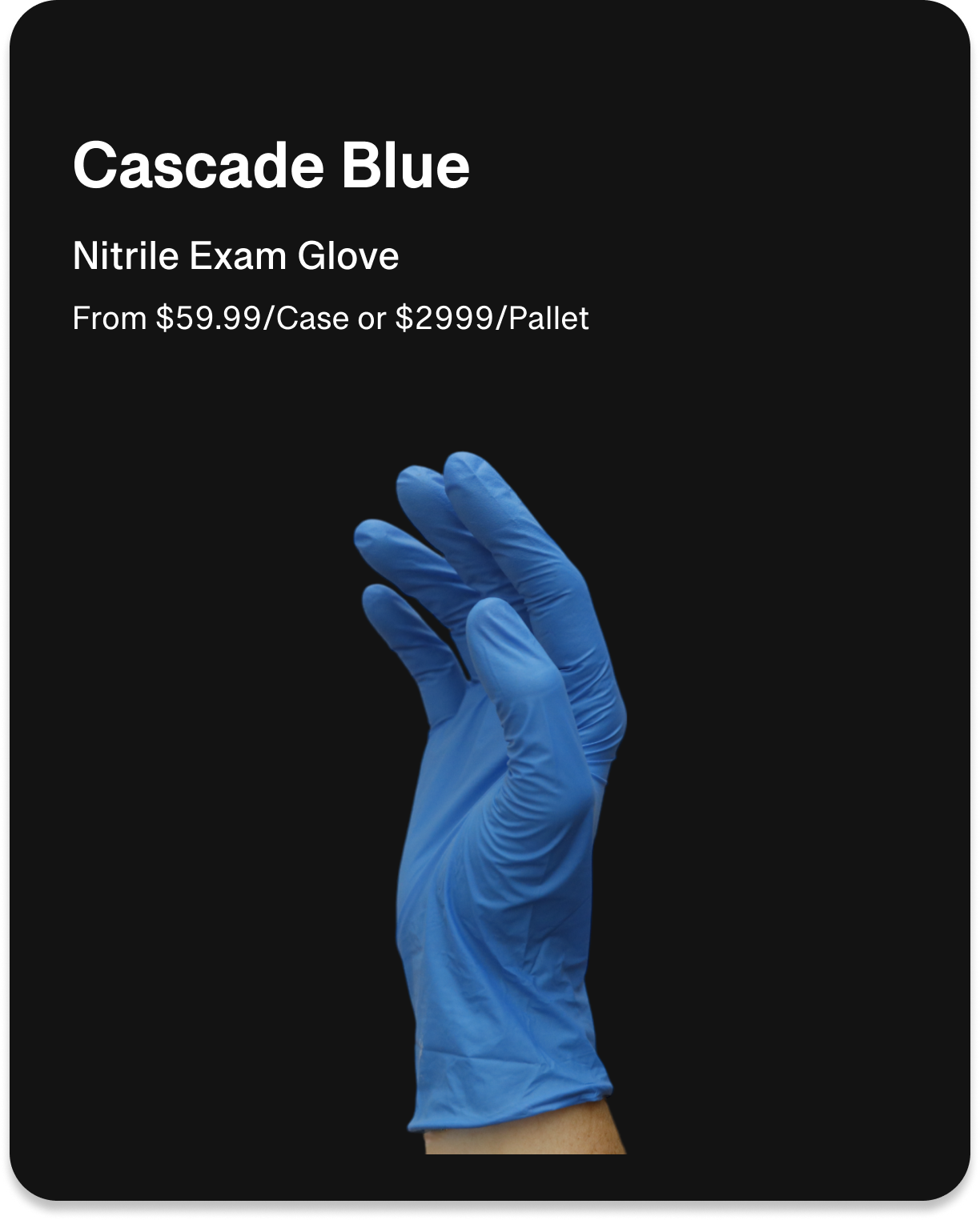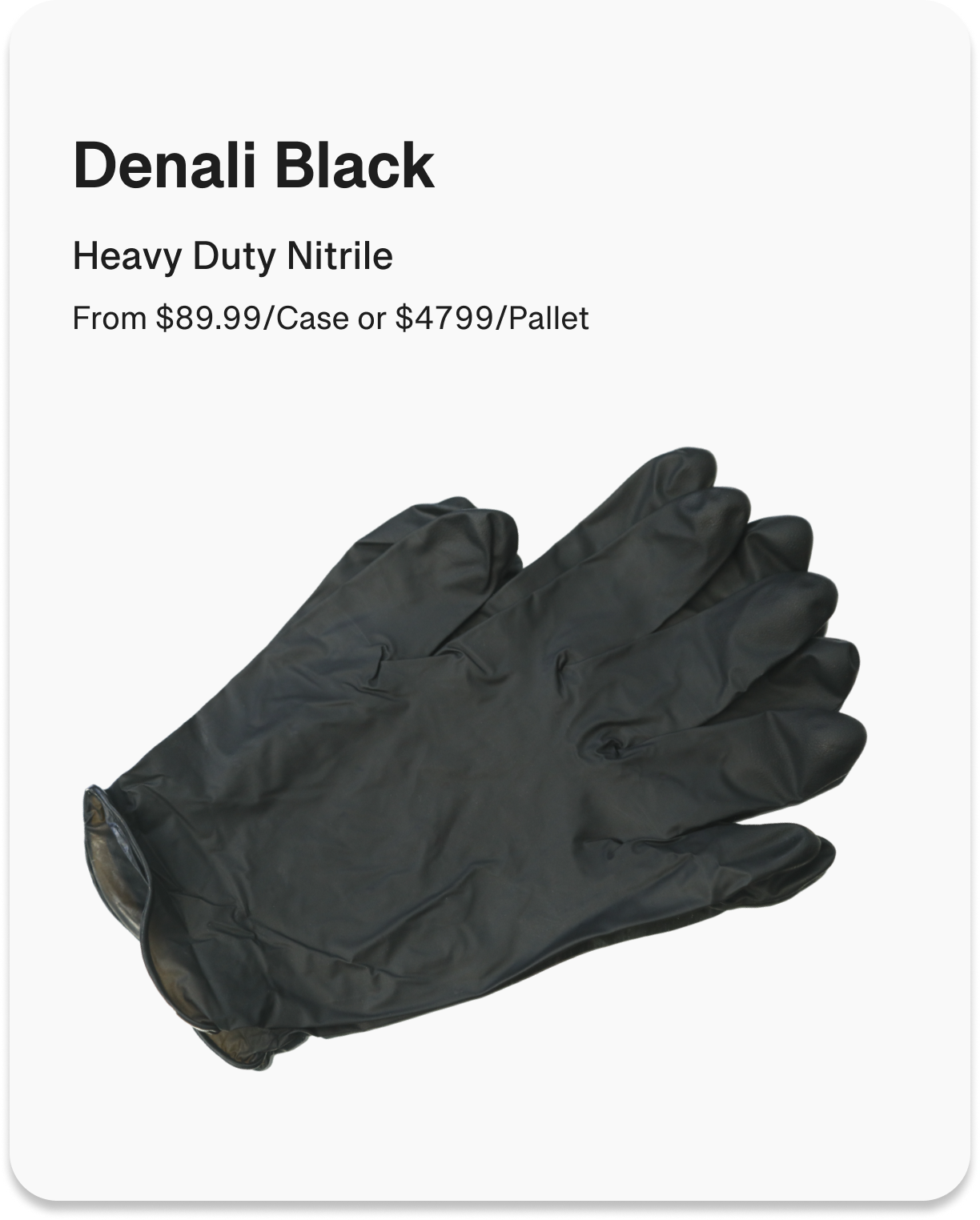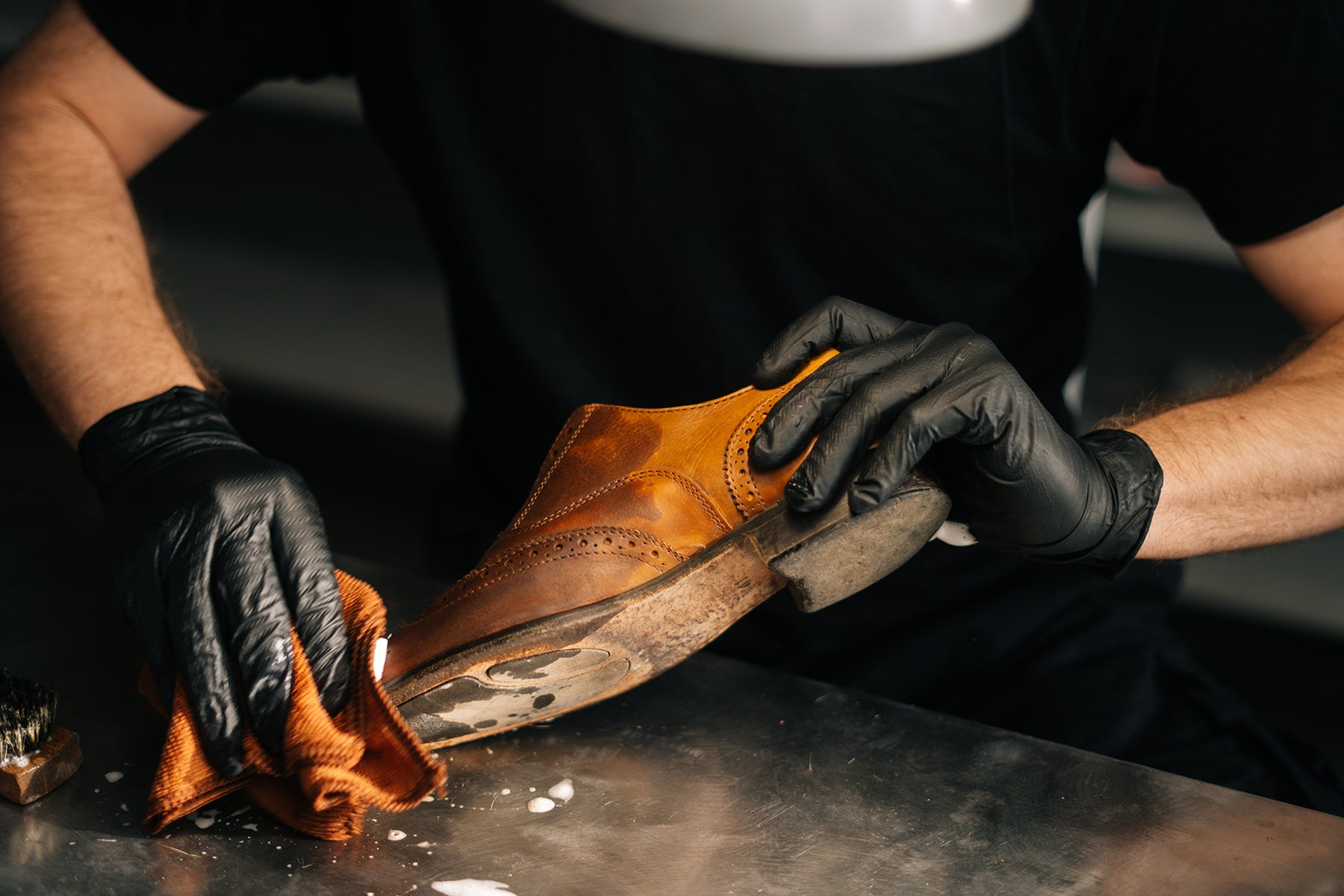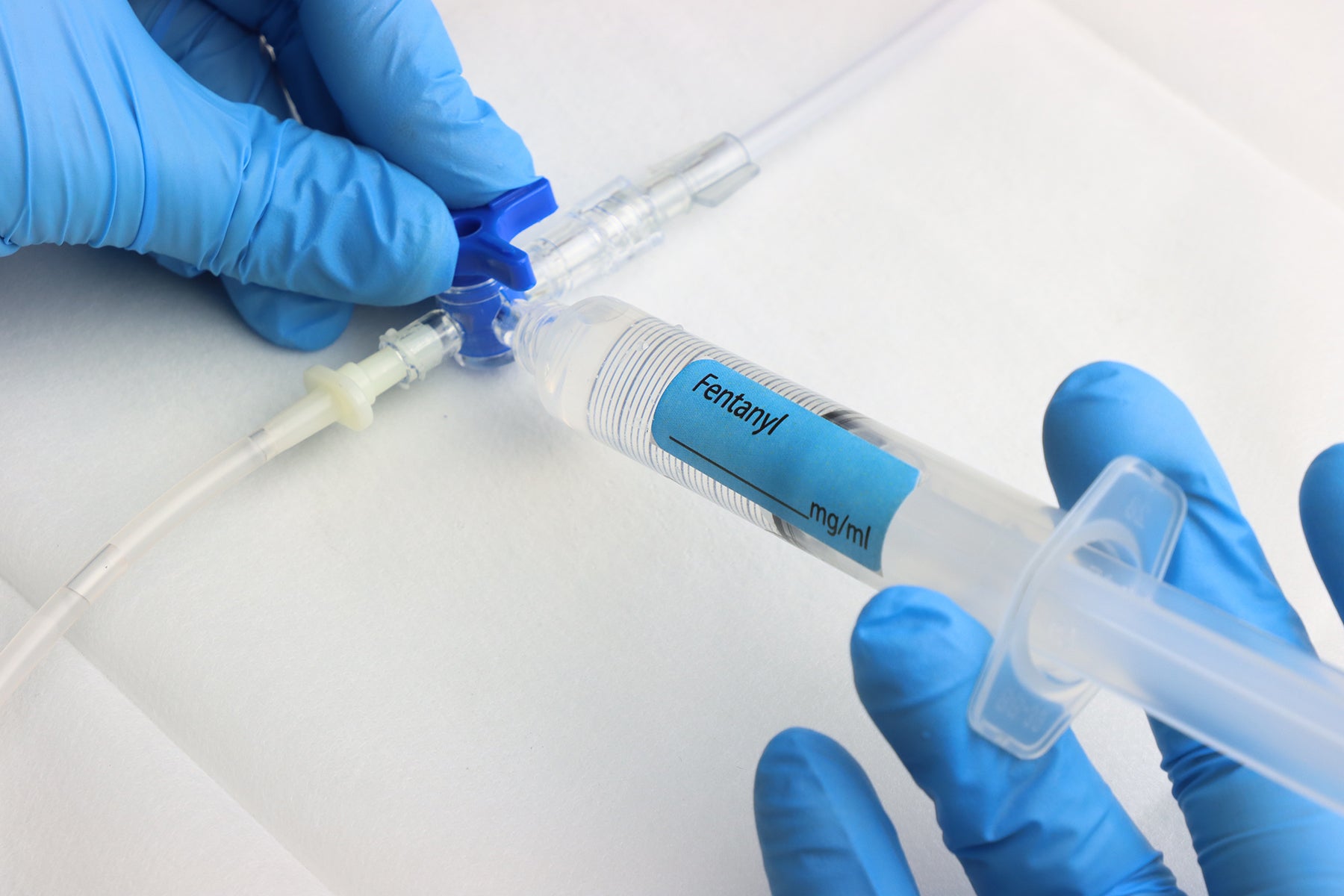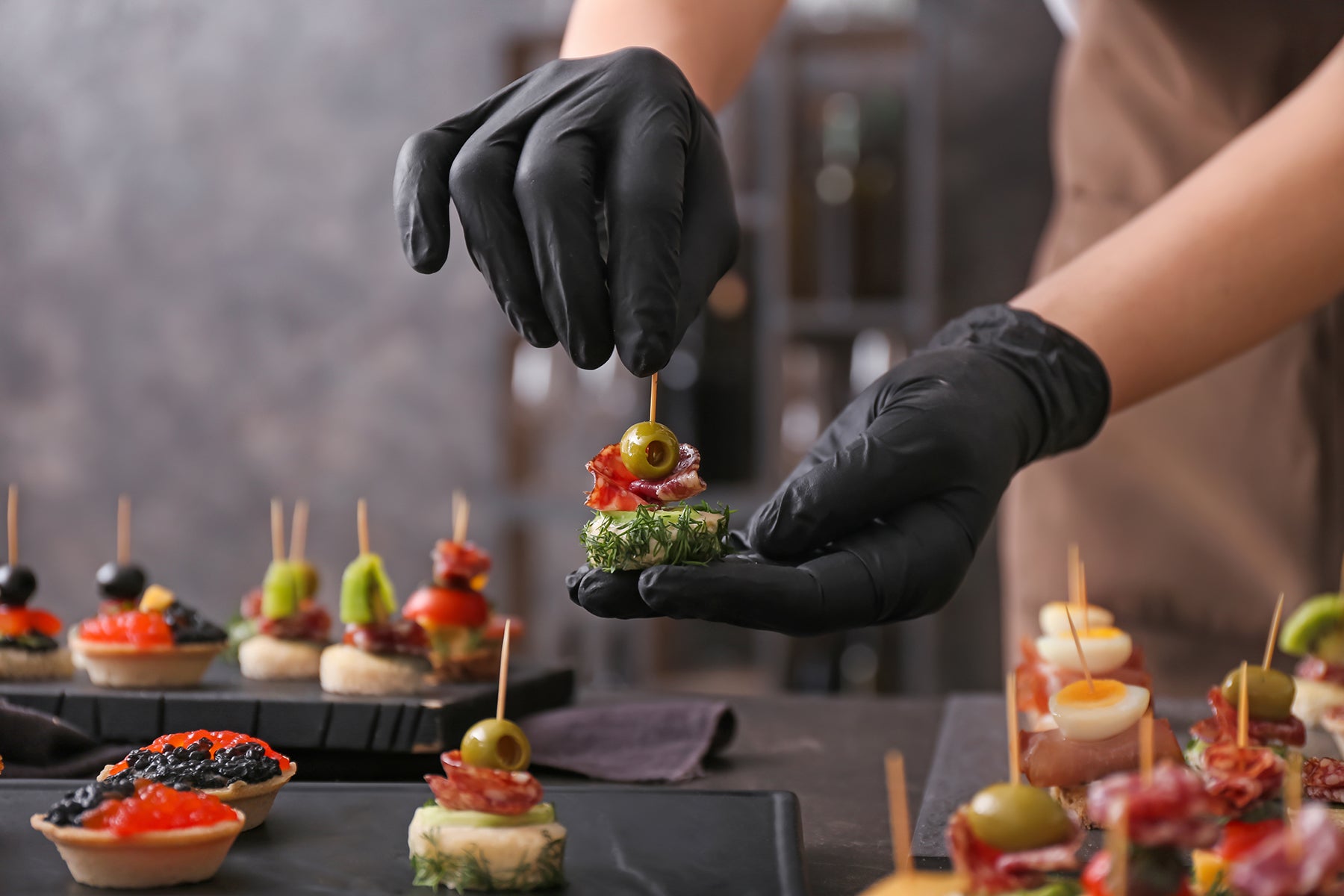
Are Nitrile Gloves Safe for Food Preparation?
When it comes to food safety, choosing the right gloves is critical for avoiding contamination, foodborne illness, and allergens. Nitrile gloves have become a popular option for food service, but are they safe for food handling? In this guide, we’ll explore why nitrile gloves are a top choice for food preparation and how they compare to other glove materials like latex and vinyl.
Why Nitrile Gloves Are Safe for Food Handling
Nitrile gloves are made from synthetic rubber, making them a latex-free, hypoallergenic option. This is especially important in food prep, where latex allergies could affect both food handlers and consumers. Their synthetic nature makes nitrile gloves resistant to oils, fats, and various cleaning chemicals, which are commonly used in food service settings.
Because nitrile gloves provide a solid barrier against contaminants, they’re particularly effective at preventing cross-contamination, especially when handling raw meats, seafood, or allergens. They’re also more puncture-resistant than vinyl gloves, adding an extra layer of protection against accidental cuts or tears when handling sharp utensils.
-
Key Benefits:
- Latex-Free: Safe for individuals with latex allergies.
- Chemical Resistance: Withstand oils, fats, and cleaning agents commonly used in food prep.
- Durability: Resistant to punctures and tears, reducing the likelihood of food contamination.
Can You Use Medical Nitrile Gloves for Food Preparation?
Yes, medical-grade nitrile gloves are generally safe for food handling. These gloves are manufactured under strict quality standards to ensure a high level of safety and hygiene, and they are often FDA-approved for food contact. However, it’s essential to check the product labeling for certification or FDA approval to confirm that the gloves are suitable for food service.
Medical gloves labeled as "exam gloves" or "nitrile exam gloves" can often be used in food preparation, providing that they’re free of any powder additives that might pose a risk for food contamination.
-
Why Choose FDA-Approved Gloves:
- Safety: FDA-approved gloves ensure they are free from contaminants and safe for food handling.
- Quality Standards: Medical gloves follow stringent regulations, making them reliable for preventing cross-contamination in food prep.
Best Practices for Using Nitrile Gloves in Food Prep
To maximize the safety and effectiveness of nitrile gloves in food preparation, it’s essential to follow these best practices:
-
Ensure Proper Fit: Gloves that are too tight may tear, while loose gloves hinder dexterity. Choose sizes like extra-large or medium to fit staff comfortably.
-
Change Gloves Frequently: Always switch gloves between tasks, especially when moving from raw to cooked foods or between allergen and non-allergen ingredients.
-
Dispose of Gloves Properly: Dispose of gloves after each use to avoid the risk of spreading bacteria or contaminants.
-
Train Staff on Glove Use: Proper glove usage is crucial. Make sure staff understands how to handle, change, and dispose of gloves safely. Training should also cover allergen awareness to avoid cross-contamination.
Nitrile vs. Latex and Vinyl Gloves for Food Prep
In food service, nitrile gloves outperform latex and vinyl in several areas:
-
Nitrile Gloves: Offer strong protection against chemicals, are puncture-resistant, and are latex-free. They’re ideal for food handling where frequent glove changes and a high level of protection are required.
-
Latex Gloves: Provide excellent touch sensitivity and are suitable for precision tasks. However, they can break down when exposed to oils and some cleaning chemicals, making them less durable in food prep. Latex allergies are also a concern.
-
Vinyl Gloves: These are an economical option but lack the durability and fit of nitrile gloves. Vinyl gloves tend to be less puncture-resistant and are not ideal for handling sharp utensils or high-risk food items like raw meat.
Conclusion: Nitrile gloves are the best option for food handling as they combine durability, chemical resistance, and allergen-free safety, making them a reliable choice for maintaining hygiene in food preparation settings.
Why Nitrile Gloves Are the Clear Choice for Food Safety
Nitrile gloves are not only safe for food handling—they’re designed to excel in this role. With high resistance to punctures and chemicals, nitrile gloves reduce the risk of contamination in food service environments. They’re especially beneficial in kitchens, catering services, and food processing plants where safety and hygiene are priorities.
Switching to nitrile gloves helps meet food safety standards, provides strong protection against contamination, and offers a reliable solution for food service providers.
Final Thoughts: Invest in Safe Food Preparation with Nitrile Gloves
Using nitrile gloves for food handling not only enhances food safety but also protects your staff and customers from allergens and contaminants. With their durability and chemical resistance, nitrile gloves are an ideal choice for maintaining cleanliness in food prep areas. From raw ingredient handling to cooking, nitrile gloves meet the highest standards for food service and make an excellent addition to any kitchen.
Ready to improve your food safety practices? True Health US offers FDA-approved food grade gloves in a variety of sizes, including extra-large, to fit every team member comfortably and help you maintain top food safety standards.

